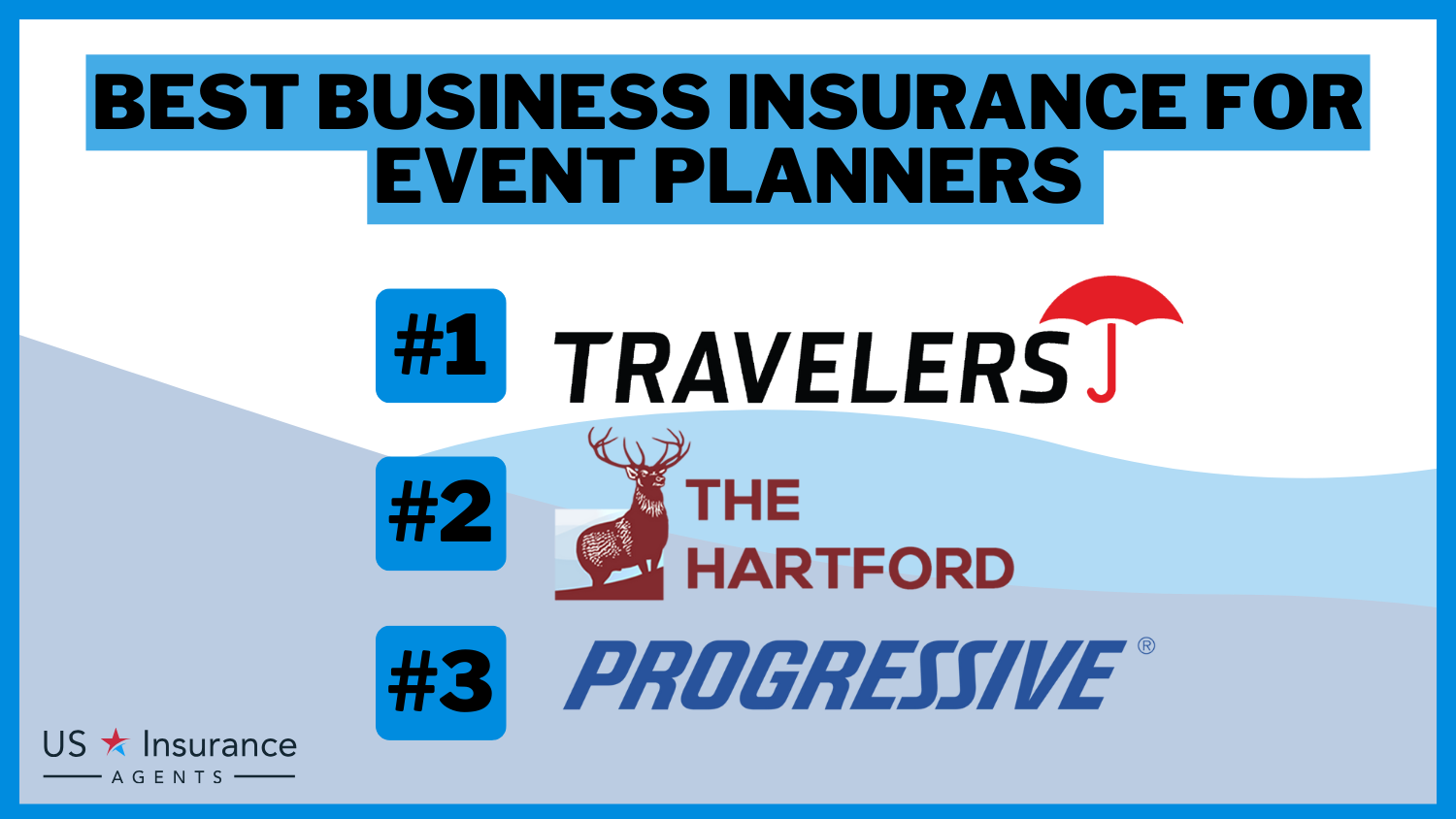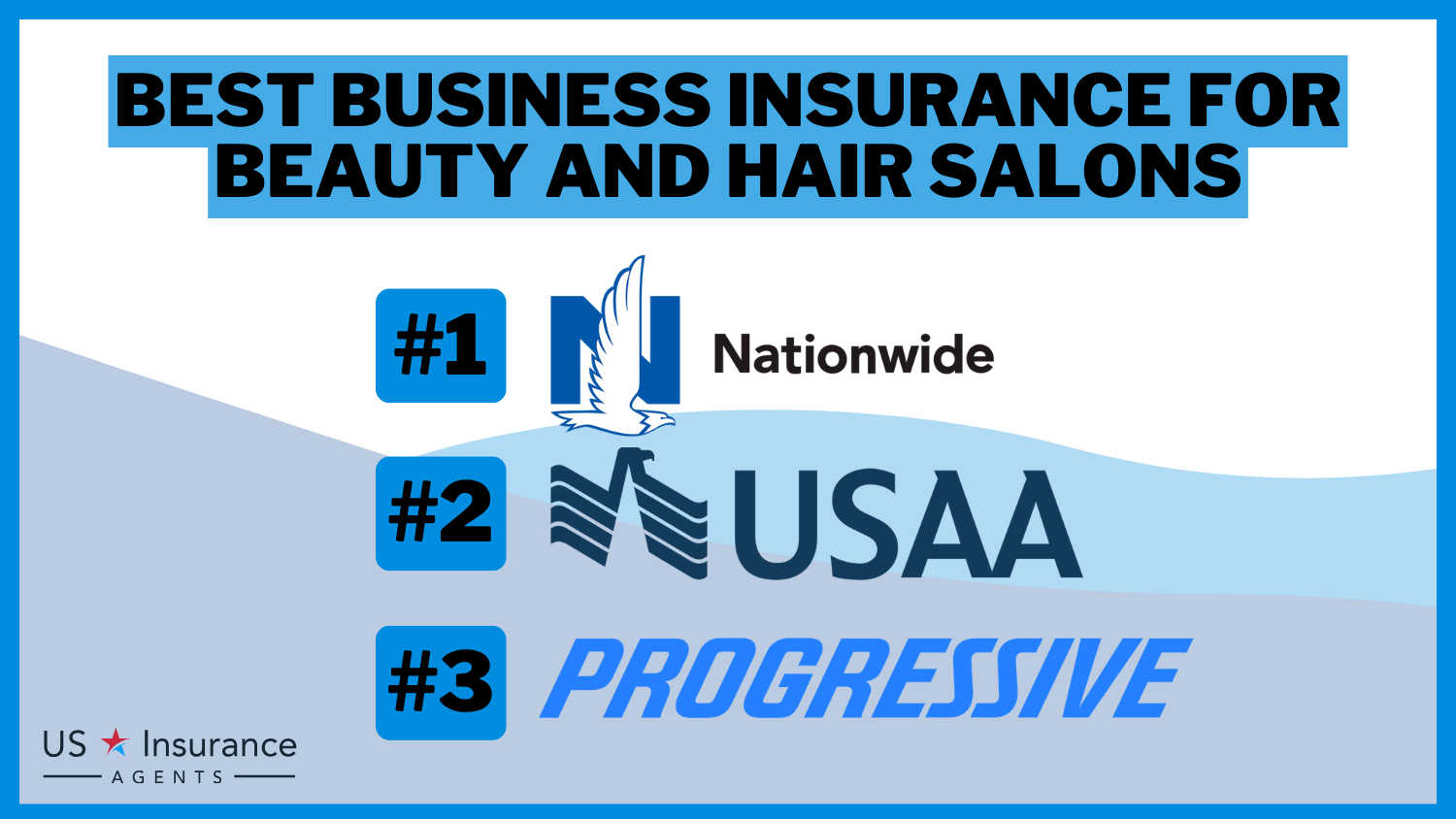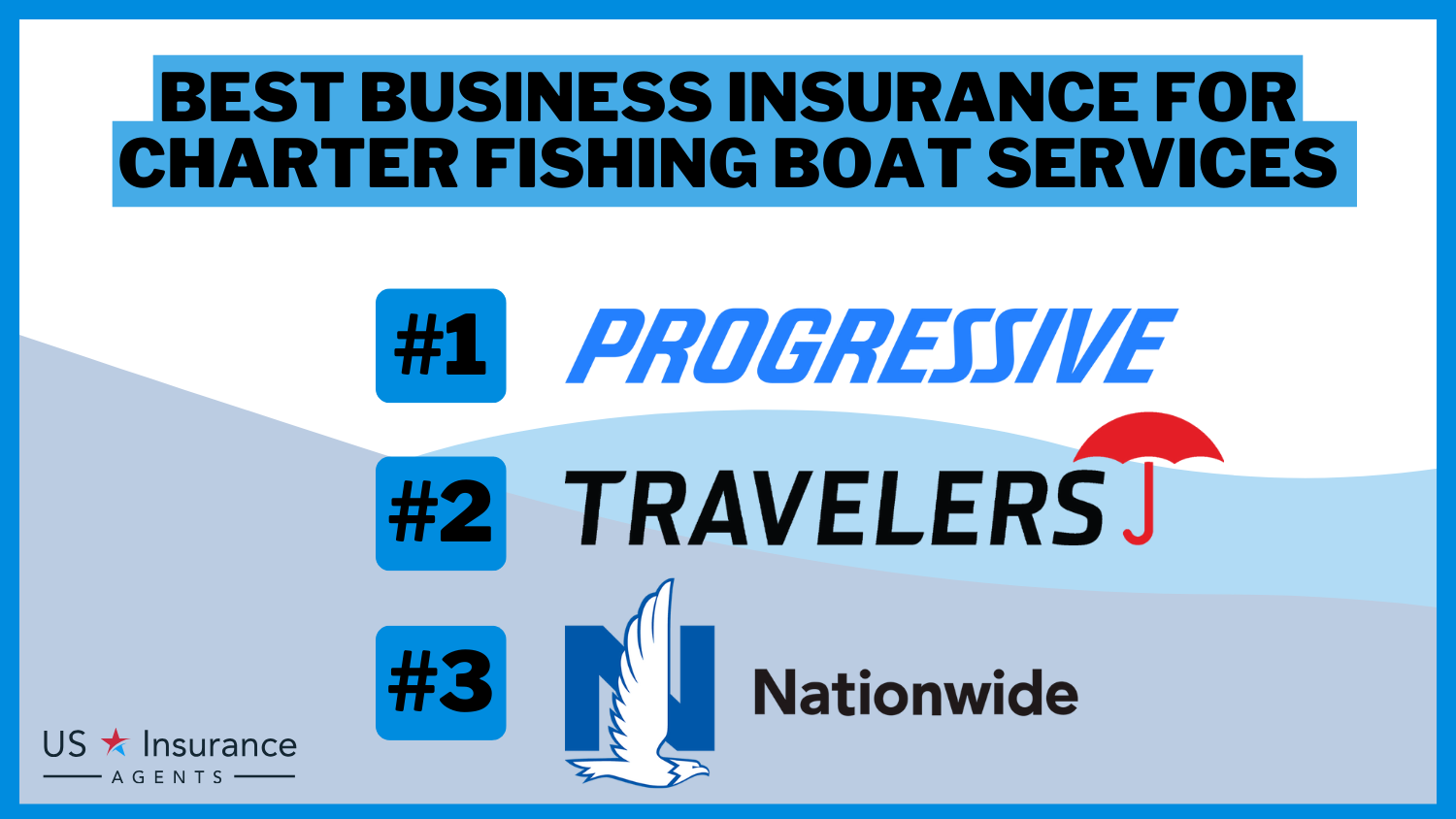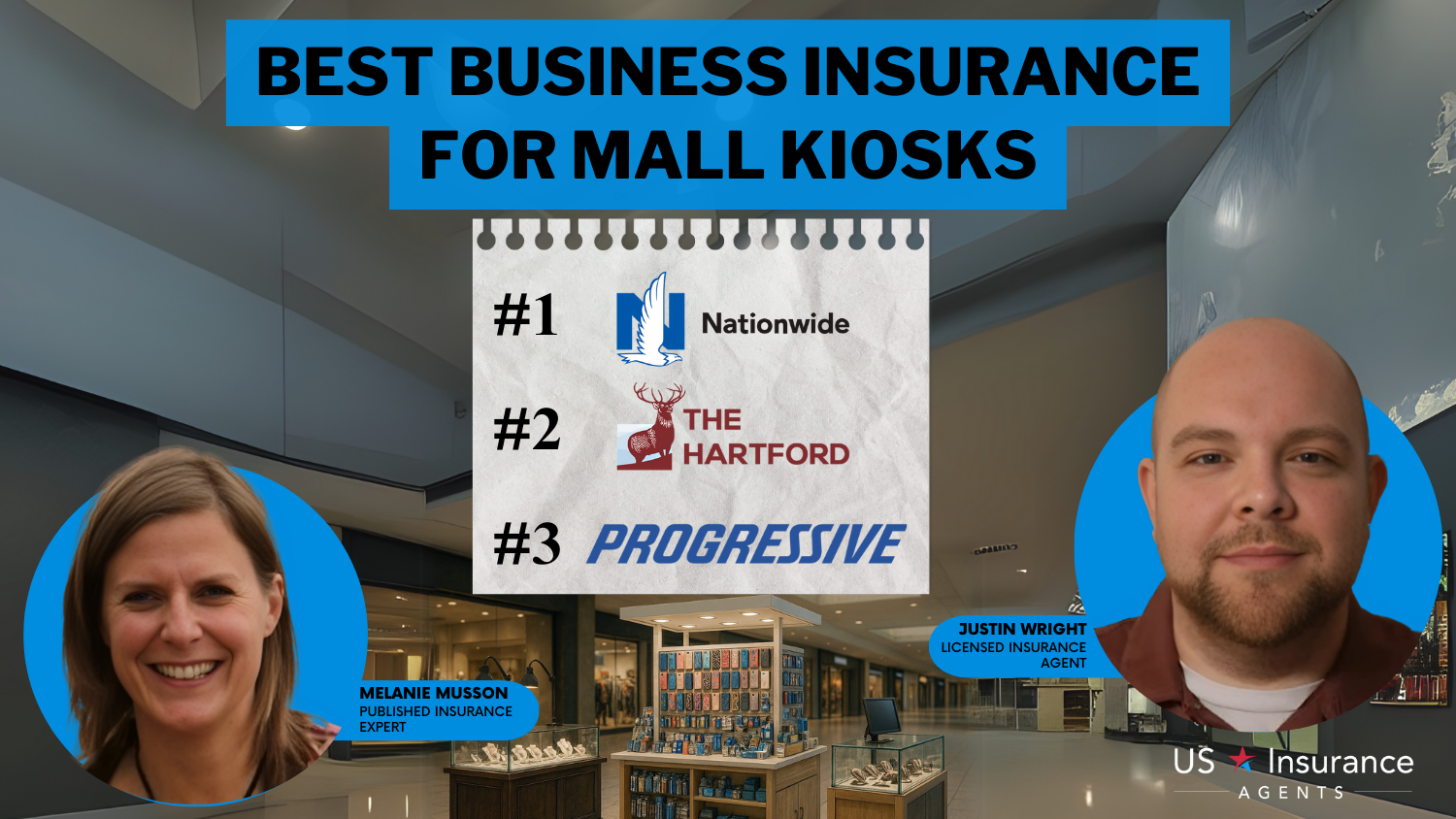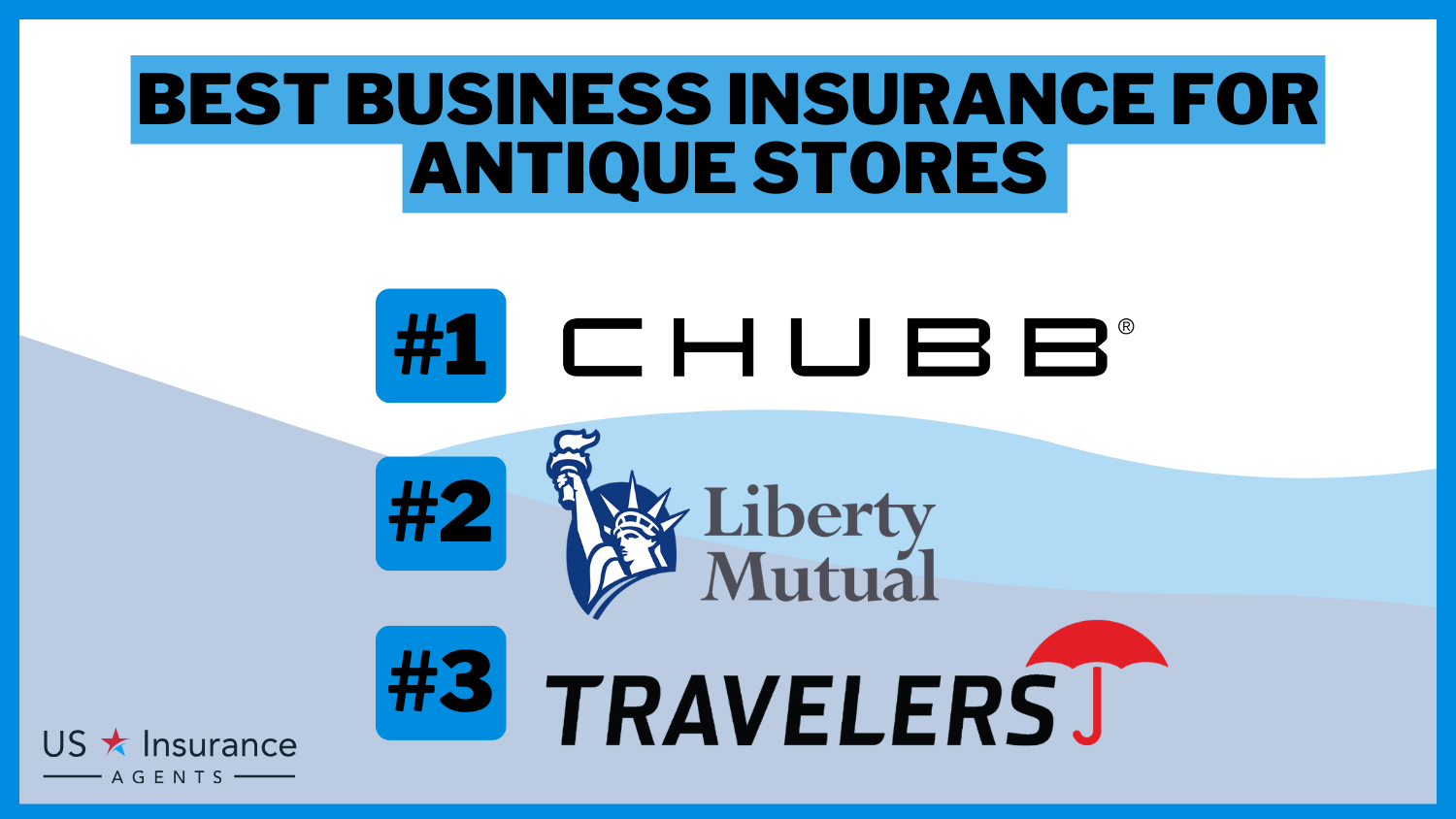Best Business Insurance for Veterinarians in 2026 (Tailored for Vets)
Secured with SHA-256 Encryption






Table of Contents
Table of Contents


Insurance and Finance Writer
Merriya Valleri is a skilled insurance writer with over a decade of professional writing experience. Merriya has a strong desire to make understanding insurance an easy task while providing readers with accurate and up-to-date information. Merriya has written articles focusing on health, life, and auto insurance. She enjoys working in the insurance field, and is constantly learning in order to ...
Merriya Valleri


Sr. Director of Content
Sara Routhier, Senior Director of Content, has professional experience as an educator, SEO specialist, and content marketer. She has over 10 years of experience in the insurance industry. As a researcher, data nerd, writer, and editor, she strives to curate educational, enlightening articles that provide you with the must-know facts and best-kept secrets within the overwhelming world of insurance....
Sara Routhier


Licensed Insurance Adjuster
Theodore (Ted) Patestos is a seasoned innovator and policyholder advocate in the public adjusting industry. With a career dedicated to turning data into actionable insights, Ted has championed tools and strategies that improve transparency, efficiency, and outcomes for both consumers and adjusters. He developed Claim Machine, a platform that uses weather data to help public adjusters, contractors,...
Ted Patestos
Updated July 2025
When it comes to veterinary practices and veterinarians, having the right insurance coverage is crucial. In the world of animal healthcare, situations can quickly escalate, and the risk of lawsuits and high costs cannot be ignored.
- Veterinary insurance covers lawsuits, legal fees, and damages
- Veterinarians must get insurance coverage to comply with state laws
- Coverage offers peace of mind to veterinarians, allowing them to focus on care
Veterinary insurance offers protection against legal fees, medical bills, and other expenses arising from malpractice claims, dog bites, and other incidents that may occur within your practice. In this article, we will explore the importance of insurance for veterinarians, the different types of insurance they need, factors affecting insurance costs, and how to obtain the right coverage.
Why Veterinarians Need Insurance Coverage
In the realm of caring for clients’ beloved pets, emotions often run high, and the potential for lawsuits becomes a significant risk.
Veterinary insurance provides essential coverage, safeguarding professionals and animal hospitals from financial burdens resulting from legal claims.
Whether it’s medical malpractice, dog bites, or any incident that may occur within a small veterinary practice, having insurance can help cover expenses, protect against litigation, and offer peace of mind.
Free Business Insurance Comparison
Compare Quotes From Top Companies and Save
Secured with SHA-256 Encryption
Veterinarian Insurance Coverage Options
Veterinarians require various types of insurance coverage to protect their practices, mitigate risks, and ensure the smooth operation of their business. Here are the key types of insurance that veterinarians should consider:
- Professional Liability Insurance: Professional liability insurance, also known as errors and omissions (E&O) insurance, is essential for veterinarians. It provides coverage for legal expenses arising from claims of professional negligence or errors in the delivery of veterinary services. For example, if a pet owner alleges that a veterinarian made a misdiagnosis or provided inadequate treatment, this policy covers the costs of defending against the claim.
- General Liability Insurance: General liability insurance protects against third-party claims for bodily injury, property damage, or personal injury. For instance, if a customer slips and falls in the veterinary clinic or if a dog bites a client, general liability insurance covers medical expenses, legal fees, and potential settlements or judgments.
- Property Insurance: Property insurance provides coverage for the physical assets of a veterinary practice, including the building, equipment, supplies, and inventory. It protects against losses caused by events like fire, theft, vandalism, or natural disasters.
- Business Interruption Insurance: Business interruption insurance is designed to protect veterinarians against income loss when their practice is temporarily unable to operate due to a covered event, such as a fire or natural disaster. It covers ongoing expenses, such as rent, salaries, and utilities, while the practice is unable to generate revenue.
- Workers’ Compensation Insurance: Workers’ compensation insurance is typically mandatory for veterinary practices with employees. It provides coverage for medical expenses, disability benefits, and lost wages for employees who suffer work-related injuries or illnesses. This insurance protects both employees and employers, ensuring that injured workers receive proper care and compensation while shielding the practice from lawsuits.
- Cyber Liability Insurance: Cyber liability insurance protects against losses resulting from data breaches, cyberattacks, or unauthorized access to electronic records. Cyber liability insurance helps cover expenses associated with forensic investigations, notifying affected clients, credit monitoring services, and potential legal liabilities.
- Commercial Auto Insurance: Veterinary practices that use vehicles for mobile services or transportation of animals require commercial auto insurance. This coverage protects against accidents, property damage, and liability claims arising from the use of company-owned vehicles. Each state has specific auto liability insurance requirements that veterinarians must comply with.
By carefully assessing their practice’s unique needs and consulting with insurance professionals, veterinarians can tailor their insurance coverage to adequately protect their business, clients, and employees.
Factors Influencing the Cost of Business Insurance for Veterinarians
The cost of insurance for veterinarians can vary depending on several factors. It’s important to consider these factors when determining the appropriate insurance coverage for your veterinary practice. Here are key factors that influence the cost of insurance:
- Practice Size and Revenue: The size and revenue of your veterinary practice significantly influence insurance costs. Larger practices with higher revenue may face higher premiums due to increased liability exposure and a larger client base. Smaller practices generally pay lower premiums as they typically have fewer employees, lower revenues, and potentially fewer risks.
- Location and Geographic Factors: The location of your veterinary practice can impact insurance costs. Factors such as local regulations, legal climate, and regional risk profiles can influence insurance rates. Practices situated in areas with higher instances of lawsuits or natural disasters may experience higher premiums due to increased risk.
- Coverage Types and Policy Limits: The types of insurance coverage you choose and the limits you set for each policy directly affect insurance costs. Comprehensive coverage with higher policy limits will typically have higher premiums. Balancing coverage needs with affordability is important, and working with insurance professionals can help you find the right balance.
- Claim History: Insurance companies often consider your claim history when determining premiums. A history of claims may lead to higher insurance costs.
- Professional Experience and Qualifications: Your professional experience as a veterinarian and the qualifications of your staff can impact insurance costs. Practices with experienced veterinarians and well-trained staff members may be viewed as lower risk by insurers, potentially resulting in lower premiums.
Also, the deductibles you choose for your policies can affect insurance costs. Opting for higher deductibles generally leads to lower premiums.
Tim Bain Licensed Insurance Agent
It’s important to note that insurance costs can vary among insurance providers, so it’s advisable to obtain multiple quotes and compare coverage options before making a decision. Working with knowledgeable insurance agents who specialize in veterinary insurance can help you navigate the complexities and find the most cost-effective coverage for your specific needs.
Obtaining Insurance for Veterinarians: A Step-by-Step Guide
Securing the right insurance coverage for your veterinary practice is essential to protect your business, clients, and employees. Here is a step-by-step guide on how to obtain insurance as a veterinarian:
- Assess Your Insurance Needs: Begin by assessing your insurance requirements based on the nature and scale of your veterinary practice. Consider factors such as the size of your practice, the services you offer, the number of employees, and any legal obligations or industry-specific risks. This evaluation will help you determine the types and levels of coverage you need.
- Research Insurance Providers: Conduct thorough research to identify reputable insurance providers with experience in serving the veterinary industry. Look for insurers who specialize in veterinary insurance and have a strong track record in providing comprehensive coverage and excellent customer service.
- Gather Essential Information: Before approaching insurance providers, gather the necessary information about your veterinary practice. This may include details about your practice’s location, years in operation, annual revenue, number of employees, services offered, and any past insurance claims history. Having this information readily available will streamline the application process.
- Seek Professional Advice: Consider consulting with insurance professionals or licensed agents who specialize in veterinary insurance. They can provide valuable guidance and help you navigate through the complexities of insurance options. These experts can assess your unique needs, recommend suitable coverage options, and assist you in understanding policy terms and conditions.
- Request and Compare Quotes: Contact multiple insurance providers to request quotes for the coverage you require. Provide accurate and detailed information to ensure the quotes are tailored to your specific needs. Compare the coverage, policy limits, deductibles, exclusions, and premiums offered by different insurers. Look beyond just the cost and consider the overall value and reputation of each provider.
- Review Policy Terms and Conditions: Carefully review the terms and conditions of the insurance policies you are considering. Pay attention to coverage limitations, exclusions, and additional endorsements. Ensure that the policies adequately cover your practice’s specific risks and align with your desired level of protection.
- Finalize the Insurance Coverage: Once you have chosen an insurance provider and policy that meets your requirements, complete the necessary paperwork and provide any additional documentation or information requested. Be prepared to answer any underwriting questions or undergo a risk assessment, if necessary.
- Secure the Certificate of Insurance: After finalizing the insurance coverage and making the required premium payments, obtain a certificate of insurance from the insurer. This document serves as proof of your insurance coverage and may be required when entering into contracts with clients, landlords, or other entities.
By following these steps and working closely with insurance professionals, you can streamline the process of obtaining insurance for your veterinary practice. Remember to regularly review and update your insurance coverage as your practice evolves and new risks emerge to ensure ongoing protection for your business and peace of mind.
Get a FREE Quote in Minutes
Insurance rates change constantly — we help you stay ahead by making it easy to compare top options and save.

